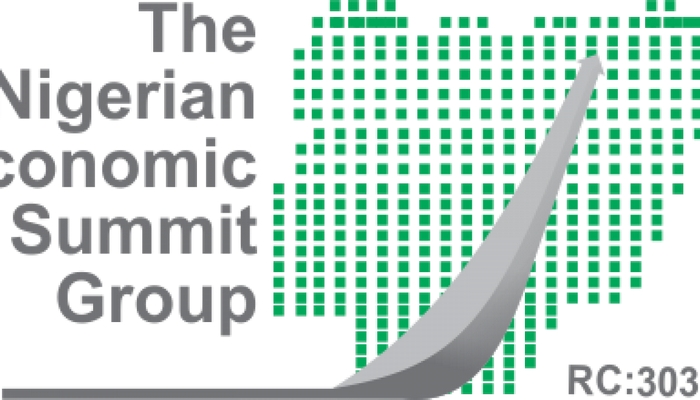NESG seeks action by FG to attract investment in manufacturing sector
The Nigerian Economic Summit Group (NESG) has said that certain clear-cut actions by the Federal Government were crucial to attracting significant investment in the manufacturing sector.
The NESG said this in its May 2021 report, published on Thursday and titled: ” Sectoral Reforms and Investments in Nigeria: A Focus on the Manufacturing Sector”.
According to the report, the development of Nigeria’s manufacturing sector is the solution to its foreign exchange problems.
The NESG said the sector had the potential to create jobs and lift
millions of Nigerians out of poverty, should the current challenges be addressed by the government.
The group noting the several initiatives and interventions in the manufacturing sector by the government, said many more of such actions would influence the performance of the manufacturing sector.
It said it had become imperative for synergy and consolidation of efforts from all government ministries, departments and agencies involved in the development of the manufacturing sector.
It, however, stressed that a reversal of the current poor performance of the manufacturing sector could only be achieved with massive inflow of private investment into the sector.
“The current situation of the country requires urgent intervention by the government to develop the industrial sector in Nigeria.
“The cost of not implementing crucial reforms to reposition the sector for competitiveness are evident in the weak
state of the sector and in Nigeria’s high unemployment and poverty rates.
“Good sectoral planning, therefore, must be accompanied by effective implementation to ensure that Nigeria
becomes a prosperous nation in the near future,” it said.
The NESG listed cassava, rice, maize, sorghum, wheat processing, pharmaceuticals, and oil
refining as areas that should be prioritised.
The report also stressed the need to develop an industrial policy and sectoral
plan for identified priority areas, and communicate same to investors.
This, it noted, must be followed by the development of an industrial policy
and sectoral master plan that set clear goals and devise strategies of attracting and maintaining investments in the sector.
“Not only will this create some level of certainty for potential investors, it will also highlight clear roles of stakeholders in achieving set goals.
“The few sub-sectors in manufacturing that have attracted private investment are those that enjoyed significant government support.
“As a way forward, the federal and state governments need to identify priority areas in the manufacturing sector and communicate this to investors.
“It is important that the government moves beyond providing general incentives of pioneer status, tax
holidays, etc. to delivering specific sectoral support – planning and coordination – for key areas in
manufacturing.
“This is important in view of the Africa Continental Free Trade Area (AfCFTA) and Nigeria’s foreign exchange problems,” it said.




